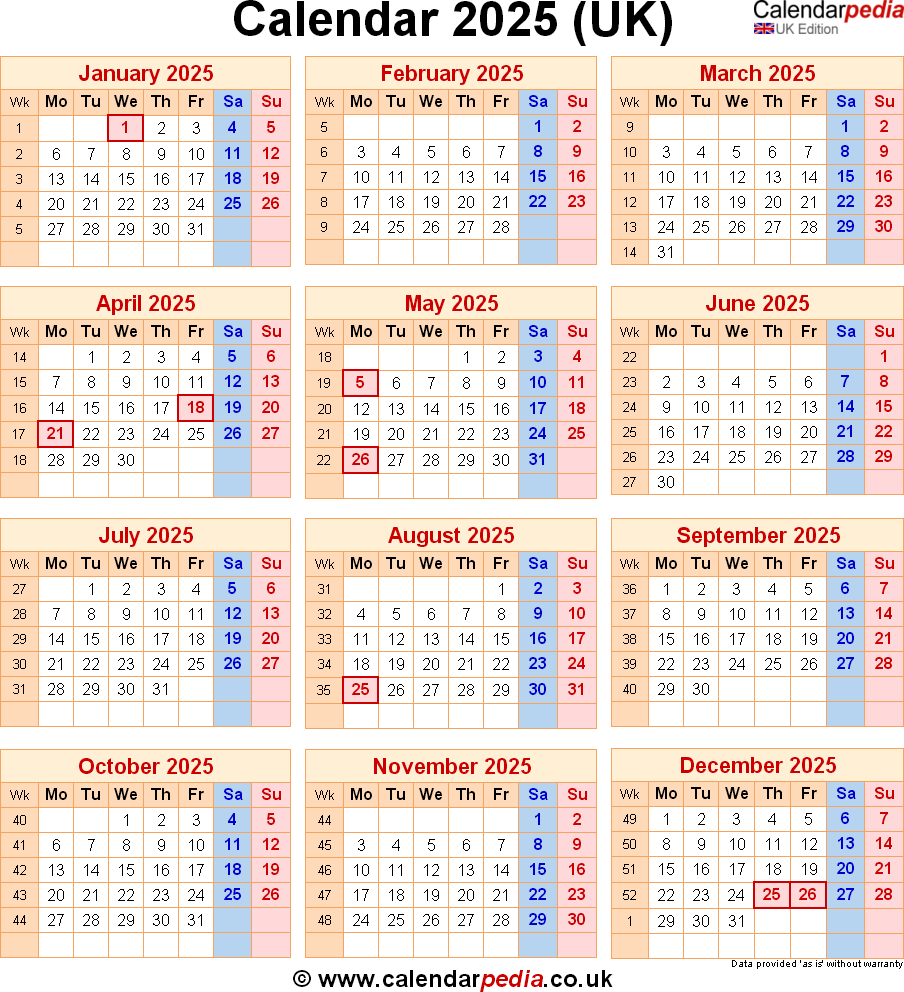Unveiling the Day of the Week for Christmas 2025: A Journey Through Time and Calculation
Related Articles: Unveiling the Day of the Week for Christmas 2025: A Journey Through Time and Calculation
Introduction
With great pleasure, we will explore the intriguing topic related to Unveiling the Day of the Week for Christmas 2025: A Journey Through Time and Calculation. Let’s weave interesting information and offer fresh perspectives to the readers.
Table of Content
Unveiling the Day of the Week for Christmas 2025: A Journey Through Time and Calculation

The anticipation surrounding Christmas often extends beyond the festive decorations and gift-giving. For some, the day of the week on which Christmas falls holds a special significance, influencing travel plans, social gatherings, and even the overall celebratory mood. While the date of Christmas remains constant, the day of the week it occupies changes every year.
To determine the day of the week for Christmas 2025, we embark on a journey into the realm of calendar calculations, employing the principles of modular arithmetic and the Gregorian calendar system.
Understanding the Calendar System:
The Gregorian calendar, adopted in 1582, is the most widely used calendar system today. It consists of 365 days, with an additional day added in leap years. This system is based on the Earth’s revolution around the Sun, taking approximately 365.2422 days to complete one orbit. The leap year adjustment, occurring every four years, helps synchronize the calendar with the Earth’s actual orbital period.
The Algorithm for Determining Day of the Week:
To calculate the day of the week for any given date, we utilize a formula known as Zeller’s Congruence. This formula, developed by German mathematician Christian Zeller, provides a mathematical framework for understanding the relationship between dates and days of the week.
Zeller’s Congruence Formula:
The formula can be expressed as:
h = (q + [(13 (m + 1)) / 5] + K + [K/4] + [J/4] – 2 J) mod 7
Where:
- h represents the day of the week (0 = Sunday, 1 = Monday, …, 6 = Saturday)
- q is the day of the month
- m is the month (March = 3, April = 4, …, December = 12. January and February are considered months 13 and 14 of the previous year)
- K is the year of the century (e.g., for 2025, K = 25)
- J is the century (e.g., for 2025, J = 20)
Applying the Formula to Christmas 2025:
For Christmas 2025, we have:
- q = 25 (Christmas falls on the 25th of December)
- m = 12 (December)
- K = 25 (Year of the century)
- J = 20 (Century)
Substituting these values into Zeller’s Congruence formula, we get:
h = (25 + [(13 (12 + 1)) / 5] + 25 + [25/4] + [20/4] – 2 20) mod 7
h = (25 + 33 + 25 + 6 + 5 – 40) mod 7
h = 49 mod 7
h = 0
Therefore, based on Zeller’s Congruence, Christmas 2025 will fall on a Sunday.
The Significance of the Day of the Week:
The day of the week for Christmas holds significance for various reasons:
- Travel and Logistics: For those traveling to celebrate with loved ones, knowing the day of the week can help plan travel arrangements and avoid potential congestion.
- Social Gatherings: The day of the week can influence the timing and duration of festive events, allowing for better coordination of schedules.
- Religious Observances: For many, Christmas is a significant religious holiday, and the day of the week can influence the timing of church services and other religious observances.
- Cultural Traditions: Certain cultural traditions may be tied to specific days of the week, impacting the overall celebratory atmosphere.
FAQs about Christmas 2025 Day of the Week:
Q: How can I be sure that Christmas 2025 will fall on a Sunday?
A: The calculation using Zeller’s Congruence is a reliable method for determining the day of the week for any given date. The formula is based on the principles of modular arithmetic and the Gregorian calendar system, which have proven accurate over time.
Q: Is there a way to determine the day of the week for Christmas in future years without using Zeller’s Congruence?
A: While there are other methods for calculating the day of the week, Zeller’s Congruence is considered a standard and efficient formula. However, you can use online calendar tools or applications that provide this information for any given date.
Q: Does the day of the week for Christmas affect the overall celebratory mood?
A: The day of the week can influence the timing and organization of festive events, but the overall celebratory mood is primarily driven by individual preferences and cultural traditions.
Tips for Planning Around Christmas 2025:
- Book Travel Early: If you plan to travel for Christmas, consider booking flights and accommodation well in advance, especially if it falls on a weekend, to secure the best deals and avoid potential travel disruptions.
- Coordinate with Family and Friends: Communicate with family and friends to establish a shared schedule for festive gatherings and events, ensuring everyone can participate.
- Plan for Potential Crowds: Be aware of potential crowds during the Christmas season, especially if Christmas falls on a weekend. Consider alternative travel routes and shopping times to avoid congestion.
- Embrace the Festive Spirit: Regardless of the day of the week, prioritize enjoying the festive season and spending quality time with loved ones.
Conclusion:
Determining the day of the week for Christmas 2025 involves understanding the principles of calendar systems and employing a mathematical formula. While the day of the week may influence logistical planning and social gatherings, the true essence of Christmas lies in its spirit of joy, generosity, and togetherness.








Closure
Thus, we hope this article has provided valuable insights into Unveiling the Day of the Week for Christmas 2025: A Journey Through Time and Calculation. We thank you for taking the time to read this article. See you in our next article!